Each year in Santa Barbara, the Music Academy of the West festival unfolds with a series of what could be called soft openings. The public-invited portion of the program begins with the necessarily pricey fundraising Gala, and June is sprinkled with worthy concert action, such as the Takács String Quartet performance on June 20.
In a sense, though, the public grand opening arrives in orchestral mode, when the first of several Saturday nights at the Granada Theatre showcases the always-impressive Academy Festival Orchestra (AFO). That moment is upon us this Saturday, June 22, as the well-known conductor Osmo Vänskä leads the brand new yet presumably mature beyond its years AFO in a program of Wagner’s Overture to Die Meistersinger, Mahler’s Songs of the Wayfarer and Sibelius’ “Symphony No. 2.”

That provocative program gives a present taste of what turns out to be a more adventurous and inclusive orchestral menu than usual this summer. In a master plan which provides a Mahler-ian bookend with the epic Symphony No. 6 “Tragic” (led by famed Finn Hannu Lintu) on August 3, includes David Robertson leading John Adams’ formidable “Violin Concerto,” with Leila Josefowicz as soloist (July 27), and Xian Zhang sneaking in a contemporary piece by Dorothy Chang in a warhorse-y night of Kodály and Dvořák (July 6).
Of particular interest on this year’s orchestral list is the second Saturday’s fare, when rising star of orchestral and film music fame Anthony Parnther returns to the Music Academy. He will lead a program built around Stravinsky’s modernist masterpiece Rite of Spring — rarely performed by the AFO — and music of the late black composer Florence Price and the living composer Joan Huang. Huang’s link to Santa Barbara goes back to a performance of her husband William Kraft’s opera Red Azalea, on which she was a consultant with direct life experience to the theme of China’s “Cultural Revolution.” Kraft held the UCSB Corwin Chair at UCSB 1991 to 2002 and left an indelible mark here.
We recently checked in with Parnther for an update and overview of the mission in motion. The Los Angeles–based conductor, whose recent film work has included the Oscar-winning Oppenheimer score and Black Panther, is also looking forward to the release of a recording of his work on Anthony Davis’ powerful opera The Central Park Five, presented by the Long Beach Opera, a recording project with the London Symphony Orchestra, and ongoing work in his role as music director of the San Bernardino Symphony.
What has been your impression of the Music Academy operation, its place in Santa Barbara and the quality of the fellows involved?
In the year that has passed since I was last at Music Academy, making music and sharing my personal insights with the young musicians here in Santa Barbara was likely my favorite week. I am deeply impressed, moved, even, by the level of devotion the faculty at Music Academy accords their young fellows. I’m equally impressed with the level of intensity and professionalism the Music Academy fellows bring to every rehearsal. This is an environment where great art can be realized.
This year’s orchestral series feels especially strong, and ambitious. For one, you will be leading the modernist masterpiece Rite of Spring, which has rarely been performed by the Academy Festival Orchestra, as well as music of the increasingly rediscovered Florence Price and a piece by Joan Huang. Do you feel a particular mission with this particular program?
I had three goals for my program with the Academy Festival Orchestra. The first was to explore a landmark work from the standard repertoire; I chose Stravinsky’s Rite of Spring, a work young musicians need to command at this stage of their career. The second goal was a cornerstone piece from the American repertoire. Florence Price’s Third Symphony is easily one of the finest works any American has ever penned.
The third goal was for the students to work alongside a living composer whose music stretches beyond the normal aesthetic of the symphony orchestra. Joan Huang is one of the most interesting composers I have conducted, and her Tujia Dance merges Chinese folk music and contemporary orchestral textures in a fascinating and compelling way.
Just to touch on your own education and path to where you are now: were there key moments in your educational life that you felt were pivotal to growth? And was there a particular catalyst for your wanting to pursue the conducting life?
It is very easy for me to identify the most pivotal person in my musical life. Mr. David Webb, my middle school band director, inspired me to want to lead ensembles. I think a conductor’s most fundamental responsibility is to encourage musicians to play their best, and I have not come across a leader who does this better than Mr. Webb. I often wonder what it would have been like had David pursued conducting professional orchestras.
You have conducted many film scores, along with other orchestral work. Do you find a satisfying balance of work and types of projects through all you do in music at present?
I’m one of the few baton-wielders in the world who lives the particular double life of a recording session conductor and live orchestral conductor — Disney during the day, Dvořák at night. It’s not uncommon for me to stand in front of the Hollywood Studio Symphony for six hours recording a score like Oppenheimer and then race to my car and scramble to rehearsal to lead a Strauss tone poem or Schumann symphony.
My experience as a symphonic conductor helps elevate the music I’m conducting on the scoring stage. The need for extreme efficiency — time is money — laser focus, and infallible ears in the studios elevate the rehearsal process with live orchestras.
Some of the finest musicians around are engaged as studio musicians , musicians who also perform in orchestras around Southern California — including the Santa Barbara Symphony, and also the San Bernardino Symphony. Do you feel that orchestral work in film, gaming and other areas of media beyond the classical music life, per se, offers musicians — including young Music Academy fellows — a parallel career path?
Orchestral musicians will find a career in music nowadays very gratifying if they first find deep satisfaction in entertaining their audiences regardless of genre. I have known some musicians who are elated to perform Bruckner and Beethoven but roll their eyes when they have to play the Beatles, and what a shame. I think musical life can be all the richer if we embrace the other genres instead of cowering from them.
You have been part of the emphasis on giving some semblance of equal time to black composers and musicians, and your list of music includes such important figures as Anthony Davis (with the Long Beach Opera’s acclaimed production of The Central Park Five), Florence Price, James Newton, and many others. Is it important for you, as one of the rare Black conductors on the world stage, to champion music of Black voices — and those of women and artists of color — which have been kept in the margins for too long?
Classical music has been a difficult path to travel, and I’ve had many doors shut in my face throughout my career. I want to change that for Black musicians coming behind me, which is why I have been adamant about performing music by Black composers and creating opportunities for musicians of color to perform at the highest levels. Concert halls around America deserve the opportunity to hear this music and hear these musicians. I am happy to be a conduit in this regard.
Are you happy with the way things have fallen into place in your musical life so far, and does it match or exceed your early expectations?
I am so deeply grateful for every opportunity and very satisfied with my life as a musician. I still have some lofty goals for myself, however.
Premier Events
Sat, Dec 20
10:00 AM
Santa Barbara
Mosaic Holiday Markets
Sun, Dec 21
10:00 AM
Santa Barbara
Mosaic Holiday Markets
Wed, Dec 31
9:00 PM
Santa barbara
NEW YEAR’S Wildcat Lounge
Sat, Dec 20
10:00 AM
Santa Barbara
Mosaic Holiday Markets
Sat, Dec 20
2:30 PM
Santa Barbara
Santa Barbara Revels Presents “The Celestial Fools”
Sat, Dec 20
7:30 PM
Santa Barbara
State Street Ballet – “The Nutcracker “
Sun, Dec 21
2:00 PM
Santa Barbara
Ensemble Theatre Company Presents “The Complete Works of Jane Austen, Abridged”
Fri, Dec 26
7:00 AM
Solvang
Solvang Julefest
Sat, Dec 27
7:00 PM
Santa Barbara
Schnack ‘n Bari Jazz Trio at Roy
Wed, Dec 31
6:15 PM
Santa Barbara
NYE 2026 with SB Comedy Hideaway!
Wed, Dec 31
9:00 PM
Santa barbara
NEW YEAR’S Wildcat Lounge
Wed, Dec 31
10:00 PM
Santa Barbara
In Session Between Us: Vol. I NYE x Alcazar
Wed, Dec 31
10:00 PM
Santa Barbara
NYE: Disco Cowgirls & Midnight Cowboys
Sat, Dec 20 10:00 AM
Santa Barbara
Mosaic Holiday Markets
Sun, Dec 21 10:00 AM
Santa Barbara
Mosaic Holiday Markets
Wed, Dec 31 9:00 PM
Santa barbara
NEW YEAR’S Wildcat Lounge
Sat, Dec 20 10:00 AM
Santa Barbara
Mosaic Holiday Markets
Sat, Dec 20 2:30 PM
Santa Barbara
Santa Barbara Revels Presents “The Celestial Fools”
Sat, Dec 20 7:30 PM
Santa Barbara
State Street Ballet – “The Nutcracker “
Sun, Dec 21 2:00 PM
Santa Barbara
Ensemble Theatre Company Presents “The Complete Works of Jane Austen, Abridged”
Fri, Dec 26 7:00 AM
Solvang
Solvang Julefest
Sat, Dec 27 7:00 PM
Santa Barbara
Schnack ‘n Bari Jazz Trio at Roy
Wed, Dec 31 6:15 PM
Santa Barbara
NYE 2026 with SB Comedy Hideaway!
Wed, Dec 31 9:00 PM
Santa barbara
NEW YEAR’S Wildcat Lounge
Wed, Dec 31 10:00 PM
Santa Barbara
In Session Between Us: Vol. I NYE x Alcazar
Wed, Dec 31 10:00 PM
Santa Barbara

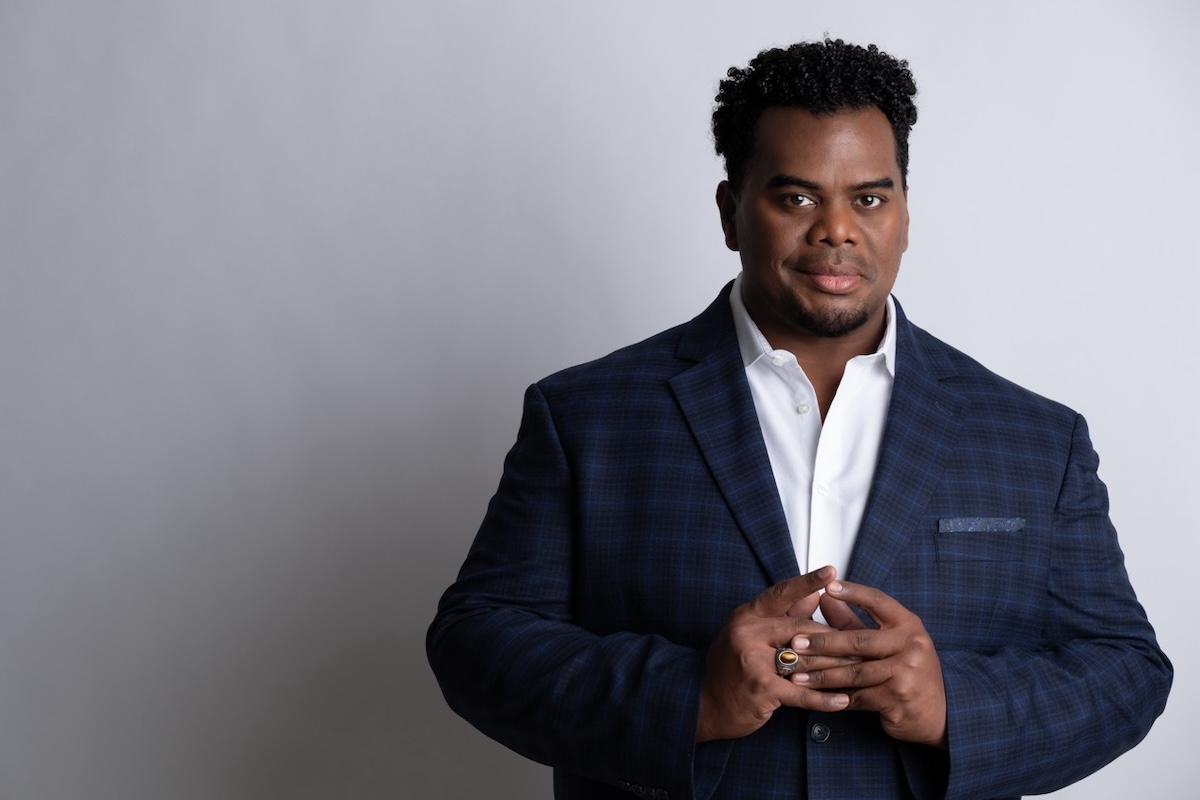
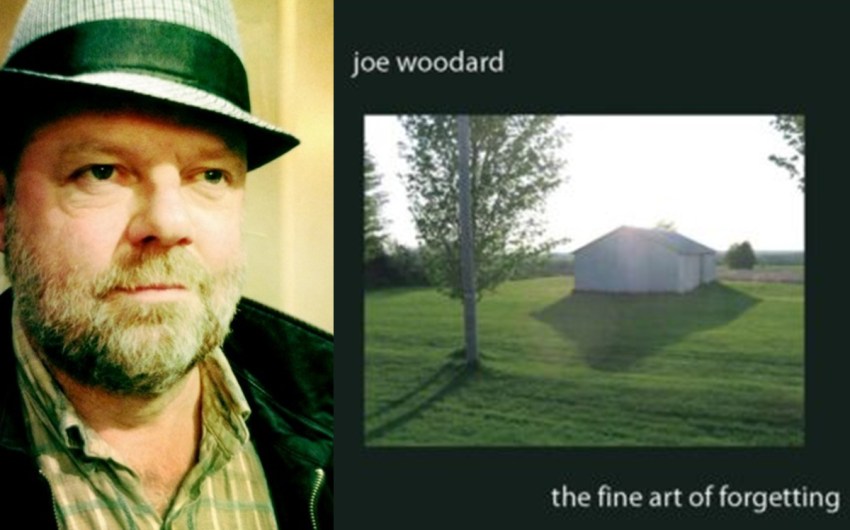
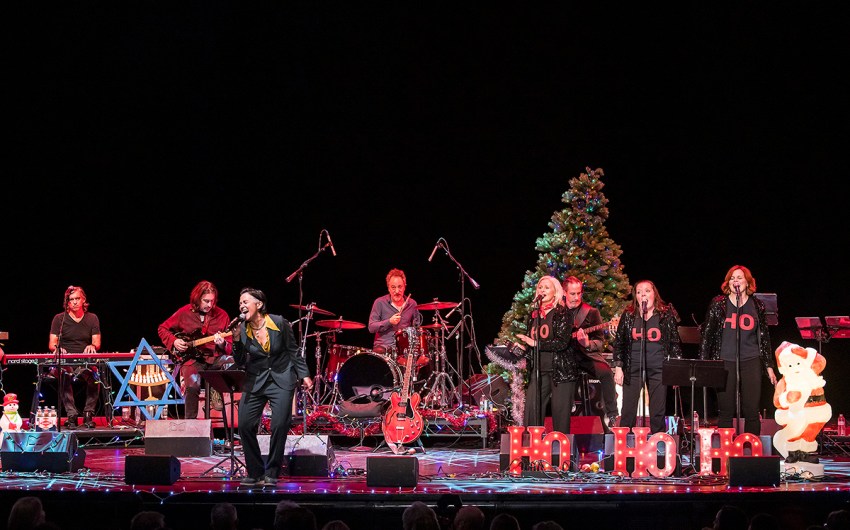
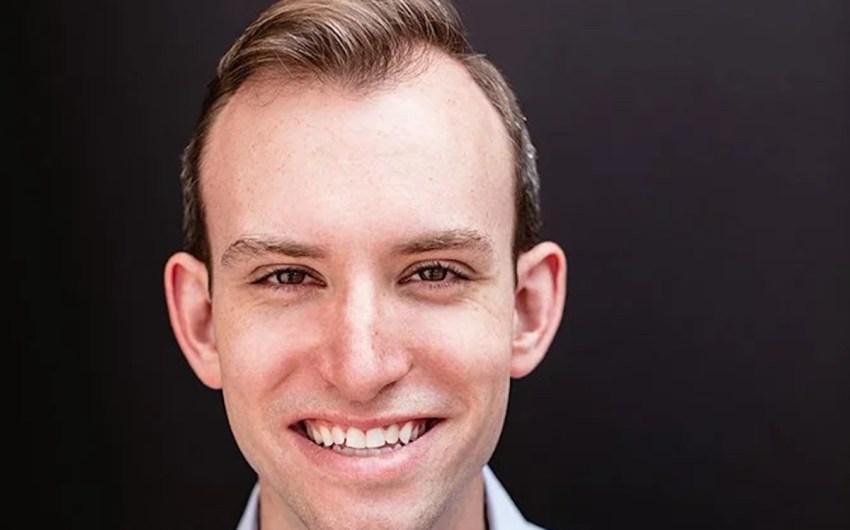


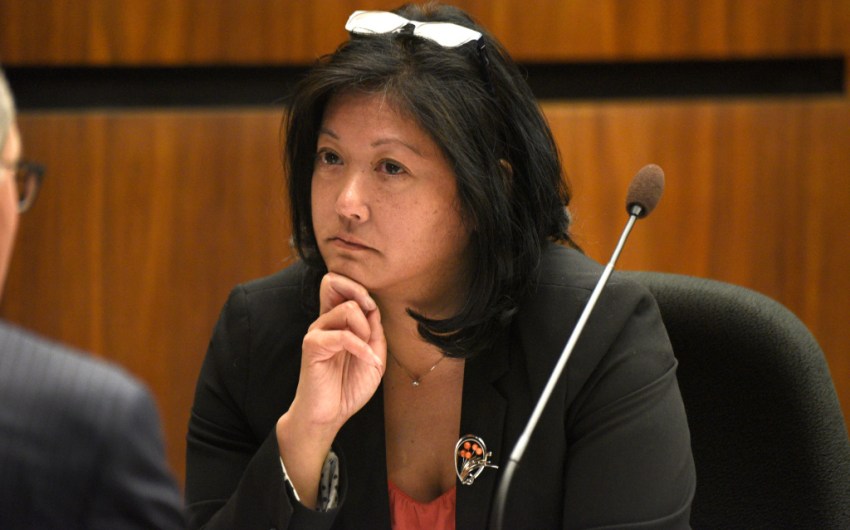

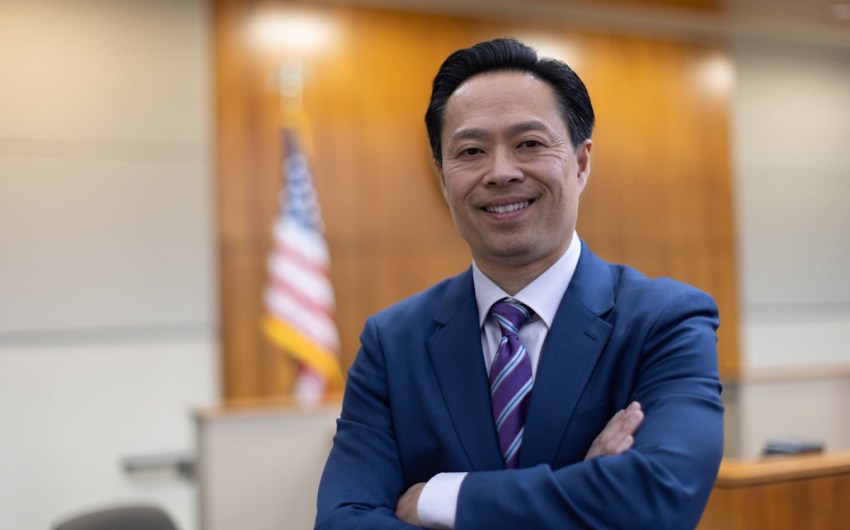

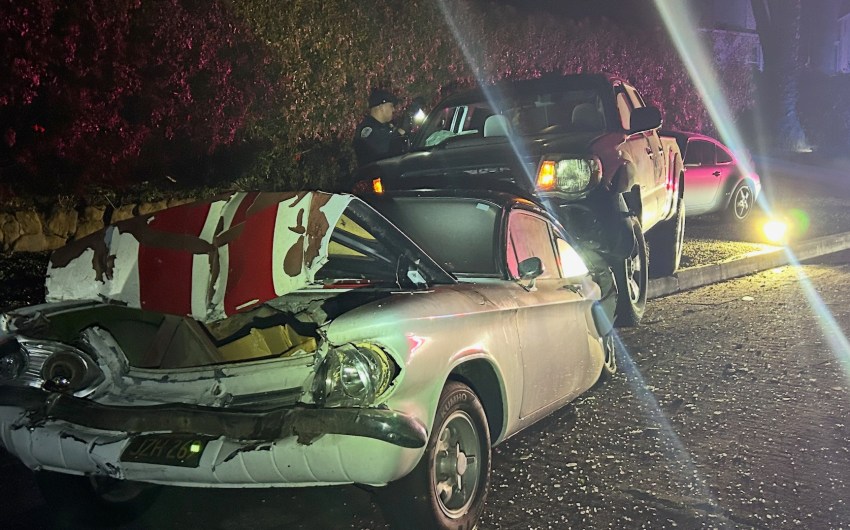

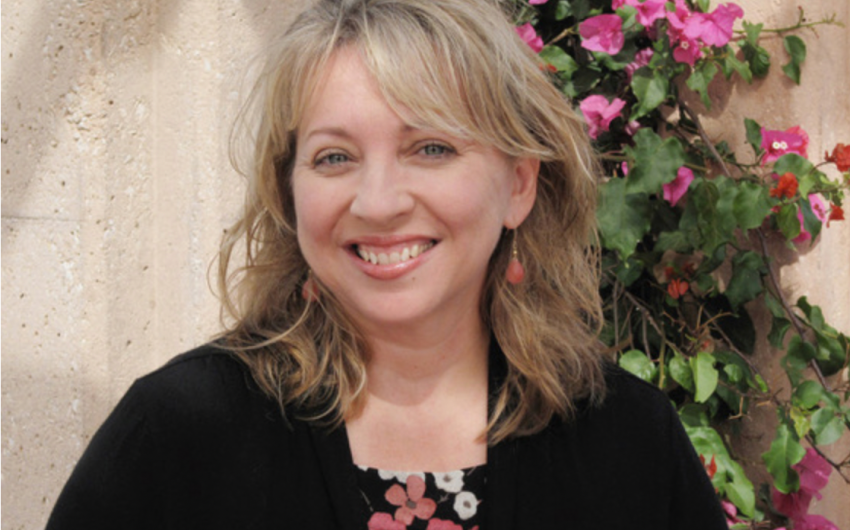

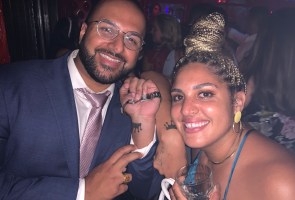
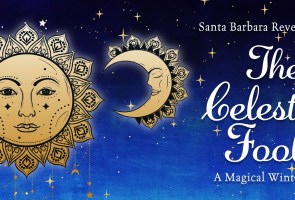
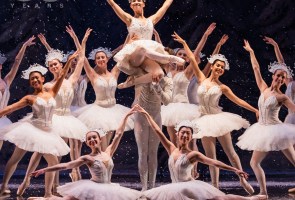
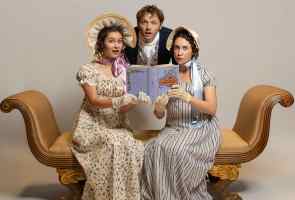
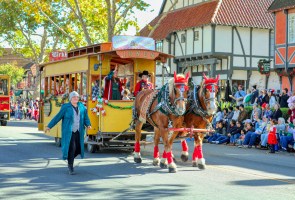
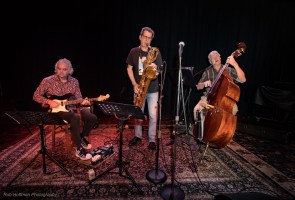
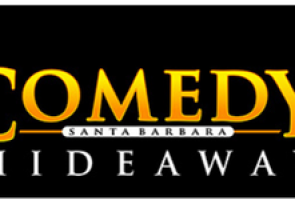
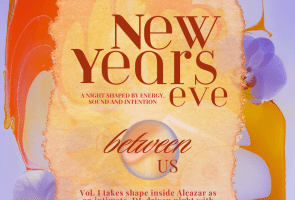
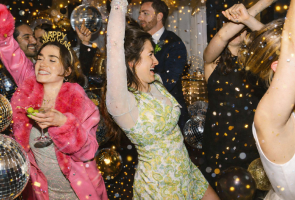
You must be logged in to post a comment.